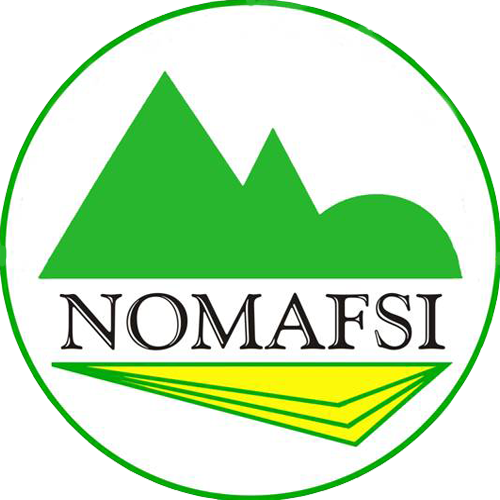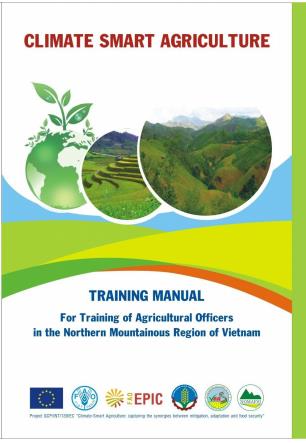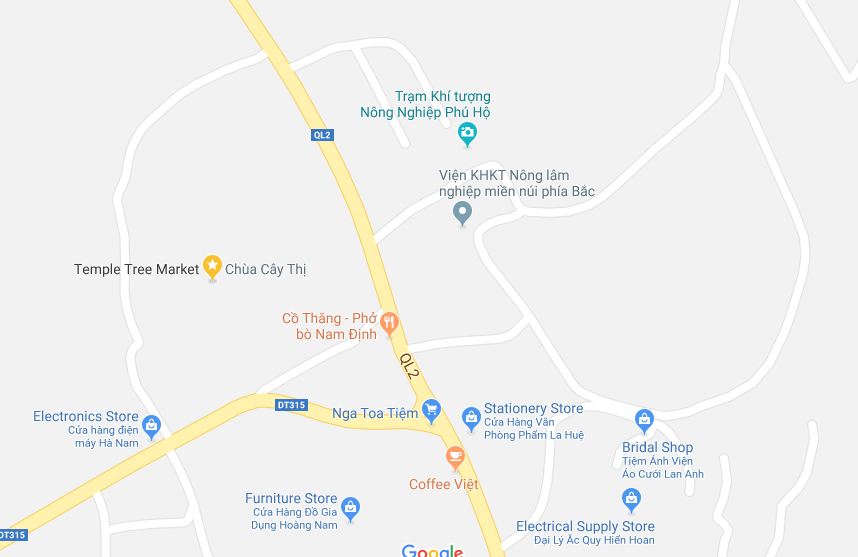Training manual for CSA in Vietnam
Tuesday, 03/11/2015, 13:58 GMT+7
This training manual is produced within the framework of the project GCP/ INT /139/EC “Climate Smart Agriculture: Capturing the synergies between mitigation, adaptation and food security”, funded by EC
For detailed documentation, please download here
Climate change and food security cannot be tackled in isolation from each other. Agriculture is a key sector to address these twin challenges as it is a fundamental means of improving incomes and food security, yet at the same time it can contribute positively or negatively to climate change.
Given that agriculture is the key economic sector of most low income developing countries, improving the resilience of farming systems is essential for climate change adaptation. At the same time, improvement in agricultural production systems offers potentials for mitigation of greenhouse gas (GHG) emissions by increasing carbon stocks in terrestrial systems as well as reducing emission through increased efficiency. Climate Smart Agriculture (CSA) is an approach which could help addressing this twin challenge as it involves the direct incorporation of climate change adaptation and mitigation into agricultural development planning and investment strategies (FAO 2010).
In 2012, FAO and the European Commission launched the project “Climate-Smart Agriculture: capturing the synergies between mitigation, adaptation and food security”, which takes as its starting point the close linkages between climate change and food security to strengthen the capacities of governments, local institutions and universities in Malawi, Viet Nam and Zambia in addressing the twin challenge of ensuring food security while mitigating climate change and adapting to its effects.
The objective of this project is to provide decision-makers and other stakeholders with the necessary tools, capacity and information to make evidence-informed decisions on climate-smart options for agriculture and to formulate supportive policy instruments and investments.
This training manual, developed under the above mentioned CSA Project, is for use to improve capacity of decision makers, extension officers and agriculture frontline staff working in the Northern Mountainous Region of Vietnam towards adoption of CSA in the region.
This training manual is meant to bridge capacity gaps in addressing climate change and food security in Viet Nam, Northern Mountainous Region in particular, through the agriculture sector. It adds value to existing manuals in the country as it combines agriculture with challenges of climate change and potential solutions by focusing on climate smart agriculture that implies adaptation, mitigation and food security










